Search result
 |
 |
|
this article is not available |
||
 |
 |
 |
 |
|
this article is not available |
||
 |
 |
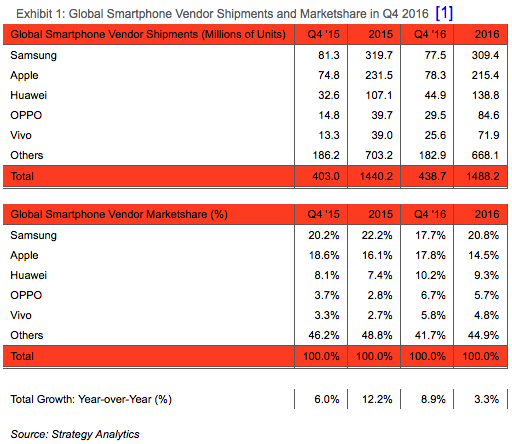
Apple has finally managed to beat Samsung in the global smartphone market for the first time in quite a few years. A report published by Strategy Analytics clearly shows that in the fourth quarter of 2016, Apple captured 17.8% of the market share, while Samsung had to remain content with 17.7%. This difference of 0.1% may not seem like much of a difference, but it does confirm that Apple outsold Samsung, even if it was for just one quarter of 2016.
As one can guess, the defeat was largely a result of the Note 7's failure. Once you consider the fact that Samsung did not have a major flagship in the playing field during the holiday season when every other major competitor had put in one, the 5% dip in sales starts to make more sense. Apple shipped 78.3 million units around the world during the last quarter and broke a barrage of sales records with the latest iPhone 7 and iPhone 7 Plus. Samsung on the other hand, sold 77.5 million smartphones in Q4 2016, which isn't really that bad, once you consider their unfortunate situation.
In a year to year comparison, Apple lost market share in 2016. Whereas the company enjoyed 16.1% share of the global smartphone market in 2015, it dipped to 14.5% in 2016. In spite of enjoying record breaking sales numbers with the iPhone 7 series, Q4 2016 brought only 17.8% of the market share to Apple, while Q4 2015 had brought them 18.6%. Samsung on the other hand, lost more significant portions of the market share both in a year-to-year comparison, as well as in a quarter-to-quarter comparison. Check out the screenshot to understand what we are talking about.
Saikat Kar (tech-enthusiast)
 |
 |
|
this article is not available |
||
 |
 |
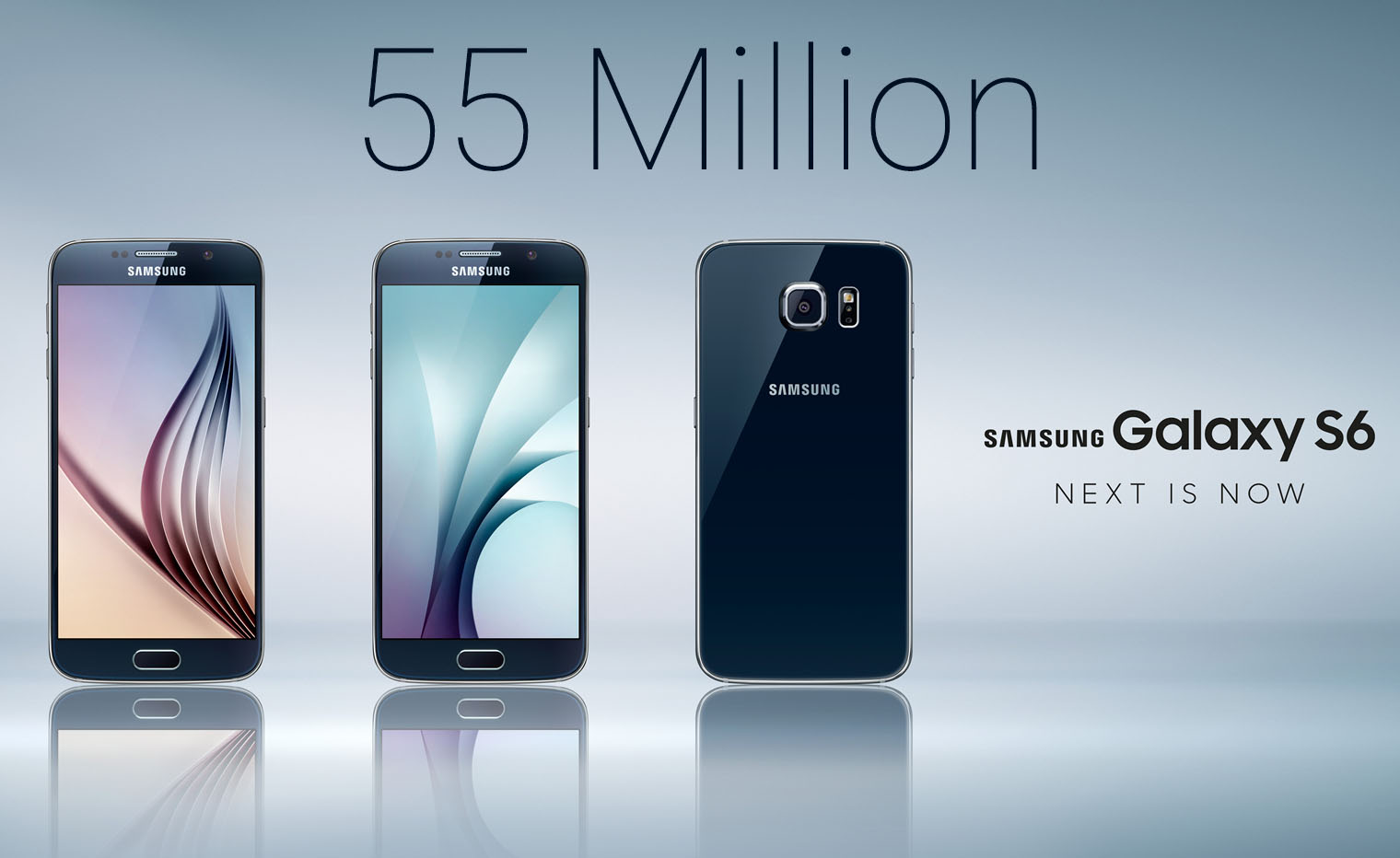
Back in March, Samsung released a report expects the sales of the Galaxy S6 and S6 edge to reach 55 Million by the end of the year. In April,10th the Korean giant released the device into markets worldwide.
Korean publication Yonhap News reports that until now, the Galaxy S6 and Galaxy S6 edge sales have been much higher than expected. Reportedly, an industry official declared that, in the last three days, sales in South Korea reached an all-time high compared to previous Galaxy S models from last year.
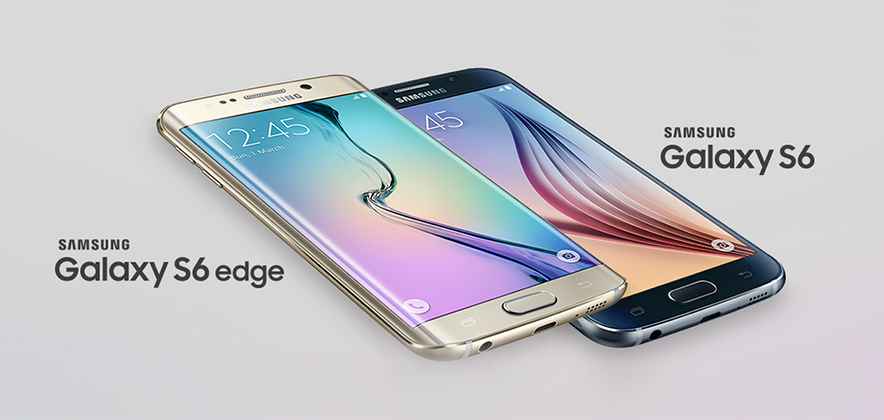
Interestingly, it's said that the Galaxy S6 edge (which is more expensive than the regular S6) accounts for about 50% of all sales. According to Yonhap News, a "high-ranking Samsung official" recently mentioned that the company "failed to make a precise prediction of demand" for the curved smartphone, that's why supply shortages may continue for more than a month.
Samsung sales for both flagships could reach higher than 60-70 Million units by the end this Year.
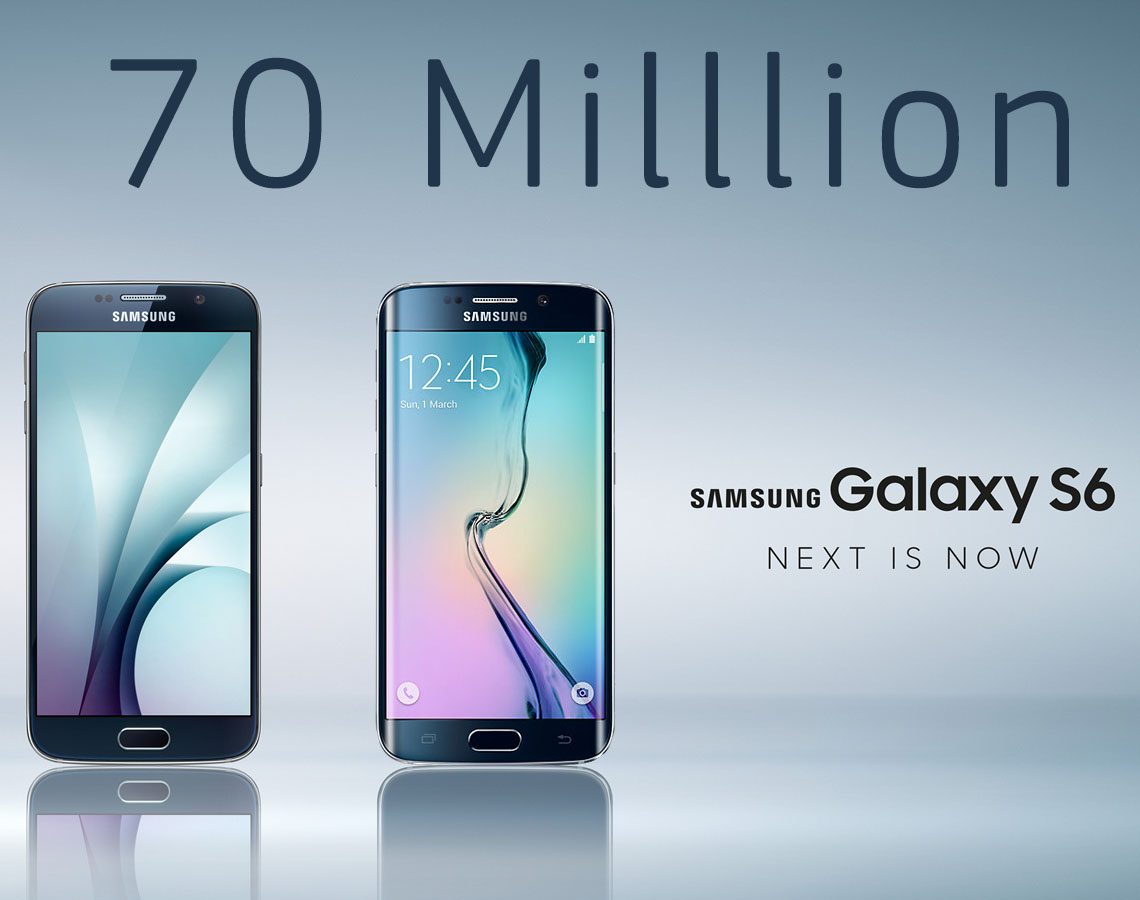
A report came from CitiBank last month, predicts that Samsung is expected to sell over than 50 million Galaxy S6 and Galaxy S6 Edge units during 2015. Today, Samsung has officially announced that it is expecting sales of its latest devices to cross the 70 million mark.
"The Galaxy S6 and S6 Edge are drawing positive responses. I have no doubt that they will be the biggest-sellers in the Galaxy series ever, The S6 should do well. The first week looks impressive." - said Samsung's Vice Chairman Kwon Oh-hyun
We just will have to wait for the Q4,2015 report to see if Samsung's sales will achieve this number or not.

Smartphone sales will decline by 3.2% by the end of year 2019, their worst decline ever, according to analyst firm Gartner. However, this could be changed: The slow adaptation of 5G networks and 5G smartphones will help the smartphone market return to growth in 2020 by 2.9%, Gartner said Thursday. Even so, total smartphone sales won't surpass 2018 levels until 2021. 5G phones will account for more than half of all phones sales in 2023, Gartner predicted. More than a dozen service providers have launched commercial 5G services in a handful of markets, noted Ranjit Atwal, senior research director for Gartner.
Gartner said 56% of phones sold in 2023 will run on 5G chips, which will be 10% more from what we will have in 2020. Less than half of global service providers will have launched a commercial 5G network in the next five years, Atwal said. A number of analysts have said the smartphone decline is due to the great hardware of the latest devices. "Consumers hold onto their phones for more than 3 years now, given the limited space for the new technology," said Atwal. There are about 5 billion mobile phones in use around the world, including smartphones and other mobile phones, some of them several years old.
Premium smartphones in recent years, like Apple's iPhone and many models of Android phones from Samsung and others, have a longer hardware life time than it was in the past. They are doing well even beyond a traditional two-year time frame, because of their quality and tech features. "Unless the devices provide significant new utility, efficiency or experiences, users do not necessarily want to upgrade their phones," Atwal added. All types of devices, including smartphones and other mobile phones, PCs, and tablets will see a decline of 3.7% in 2019, with shipments dropping to 2.140 billion devices from 2.223 billion in 2018. By 2021, the number of devices will recover some to 2.157 billion devices.
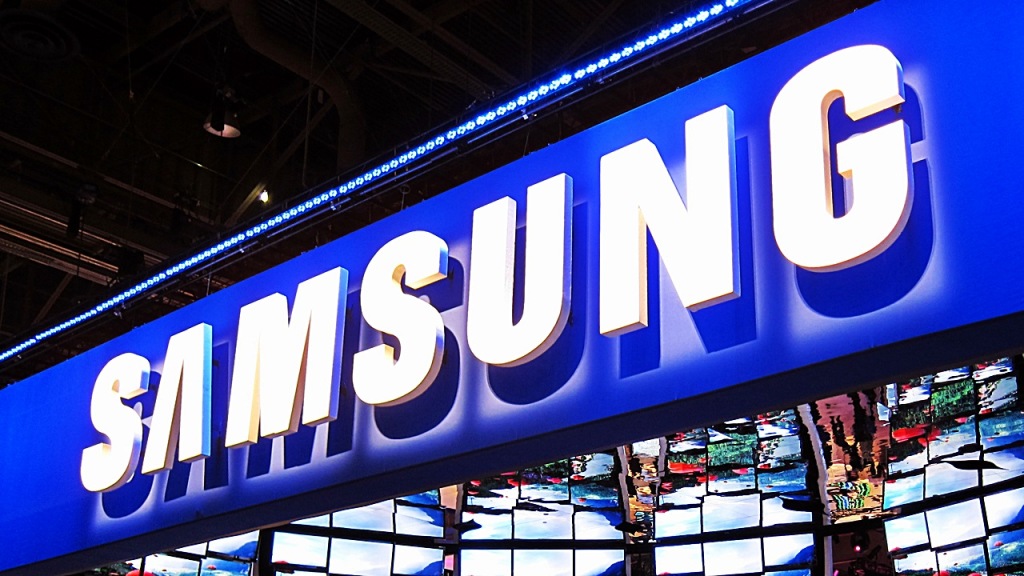
As per a report from Korea, the tech giant's CEOs' are witnessing drastic drop in salaries in 2015, something the report says is because of the struggling sales figure of the company in this year. Referring to the regulatory filing done by Samsung, the report disclosed that among the three CEOs, Kwon Oh-hyun (also the vice chairman) was paid highest salary this year - 3.82 billion Korean Won ($3.25 million), in comparison to 6.25 billion Won he received last year. Yoo Boo-keun - who handles the company's consumer electronics business division pocketed 2.34 billion Won, in comparison to last year's 3.61 billion Won. Mobile business headman Shin Jong-kyun experienced the largest cut, receiving just 2.28 billion Won this year dropped from 12.03 billion Won in 2014.
The drastic drop in Salary is due to the decreased incentives, which are generally associated with the company's performance. This report has come out amid speculations that Samsung is planning to cut cost by laying-off workers in managerial level.
Nevertheless Samsung has put a lot of effort to produce smartphones like Galaxy S6, which has a good build quality. Probably this is one of the main reasons behind the sales boost (although it didn't make any considerable difference).
Source: koreaherald
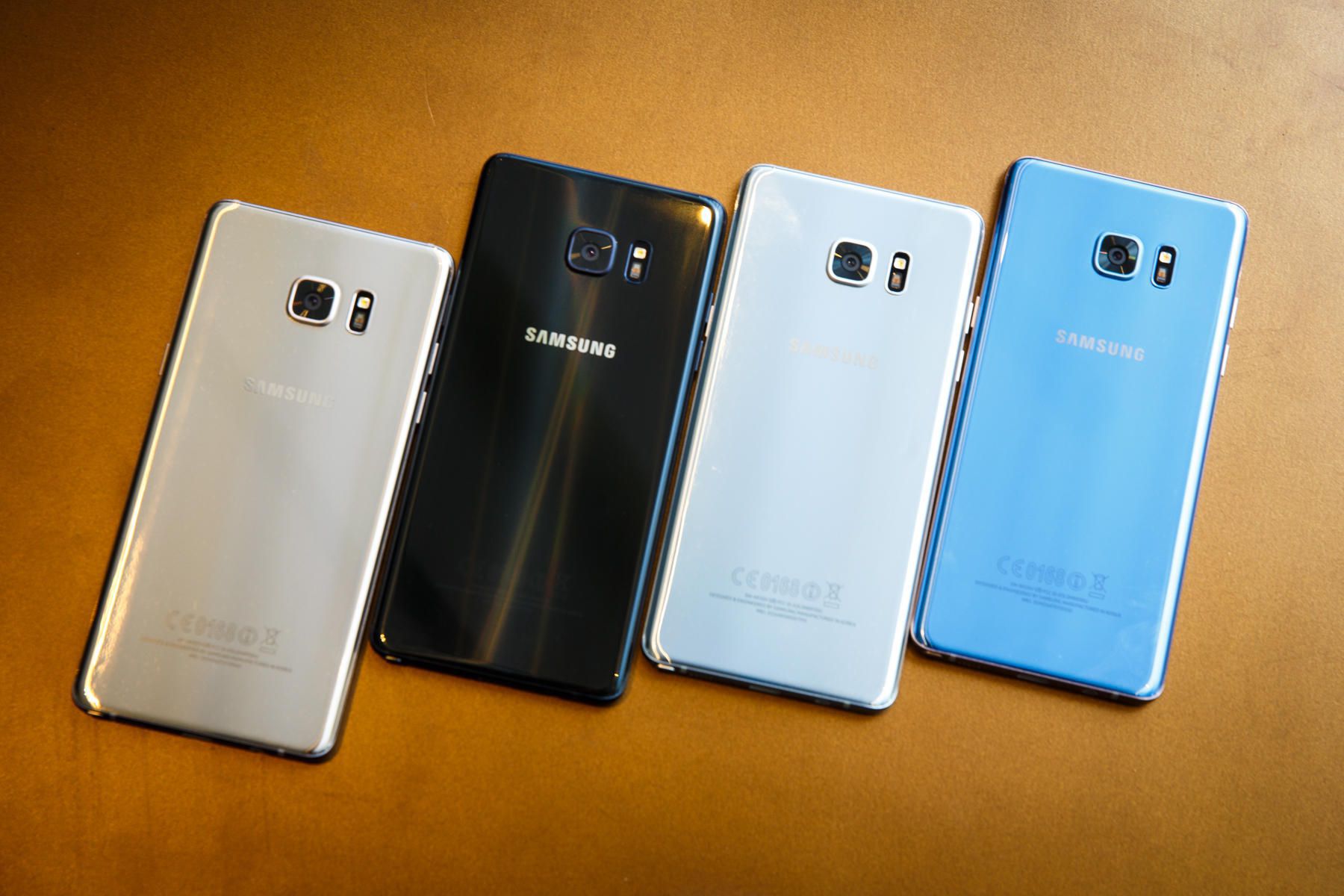
In tune with what they had announced earlier, Samsung has now officially restarted selling their latest stylus touting smartphone once again in South Korea from October 1. Of course, these are the new "safe" Note 7 smartphones and hopefully Samsung got it right this time around!
Things have been quite bad for Samsung around the world ever since their latest and greatest smartphone started to explode and catch fire due to a malfunctioning series of batteries. They have suffered well over a billion dollars in loss and one can only imagine the kind of impact this incident will have on their reputation and sales figures in the long term.
Nevertheless, the current king of the smartphone business has once again resumed with their Galaxy Note 7 sales in South Korea, complete with advertising campaigns and an exclusive promo offer which will shave 50% off your screen repairing bill, provided you buy the smartphone in October. In the US however, Samsung in partnership with the local carriers had started to sell the new batch of Note 7s with a green battery icon, quite a while back. Europe should see the sales resume by the end of November, although other regions may begin to receive new shipments a lot sooner.
Saikat Kar (tech-enthusiast)
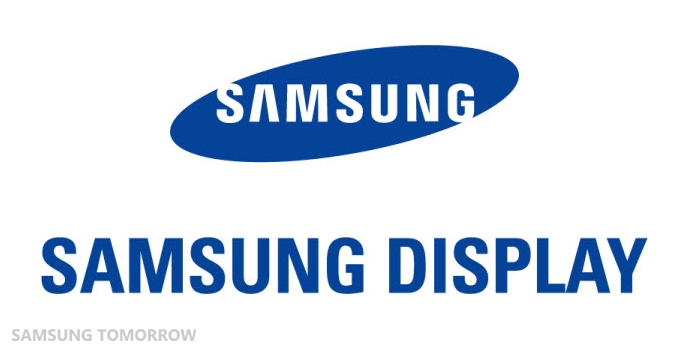
For those of you who don't know it already, Samsung Display is a division of Samsung Electronics that supplies panels to multiple manufacturers all over the world. Their clientele includes Apple, Huawei, Oppo, Vivo and of course, Samsung's own internal departments. Apparently, Samsung Display's recent flexible OLED sales to the aforementioned Chinese OEMs have reached brand new heights as this sub-division of the South Korean giant is boasting of a sales figure that amounts to a sum of over 1 billion USD in Q3, 2016. The fact that ONLY Samsung Display makes the 6th-gen A3 flexible OLED panels is largely responsible for the impressive sales number.
In a report by IHS Market, both the small and mid-sized display business is dominated by Samsung Display with an astounding market share of 96.2% in Q3, 2016. In the entire display business, Samsung maintains the lead with a share of 31.8%, while Japan Display Inc. (JDI) comes in as a distant second and a market share of 15.4%. LG is at the third position with a respectable 13.1% share of the business.
Saikat Kar (tech-enthusiast)

According to the Gartner report and multiple other reports that were recently released, Samsung Mobile has had a very disappointing show in Q3, 2018. When we say disappointing, what we really mean is the worst performance by the company's smartphone division in years, if not ever. While Samsung is still the global leader in the market with a 18.9% share, but that position isn't as dominating anymore as it was even just a quarter ago. Take a look at the following stats to understand what we are talking about here.
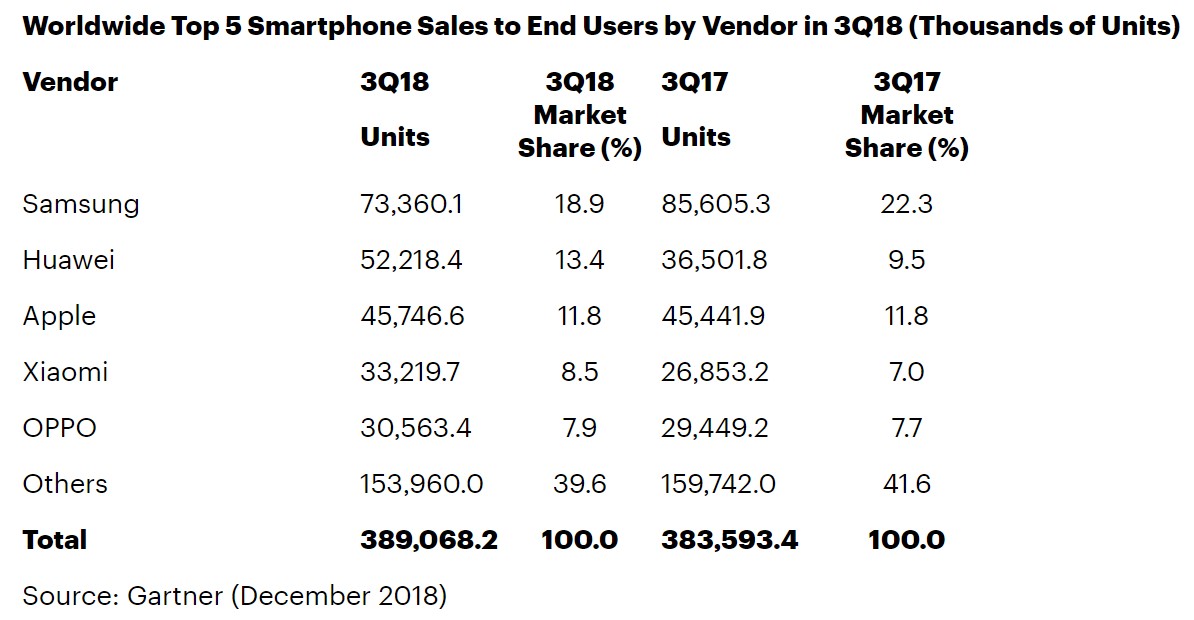
There was a drop of 14% in sales for Samsung in this quarter, compared to Q3, 2017. The Korean giant managed to sell only 73.3 million units (18.9%) in Q3, 2018, while they had sold about 85.6 million units (22.3%) in Q3 2017. As you can see, Huawei (13.4%) is the rising star right now, dethroning Apple (11.8%) to take the second position after Samsung. It would be interesting to see if Samsung Mobile decides to do anything that might improve their situation, or if they continue to do what they are already doing, although that would be quite surprising, given the dismal performance.
Saikat Kar
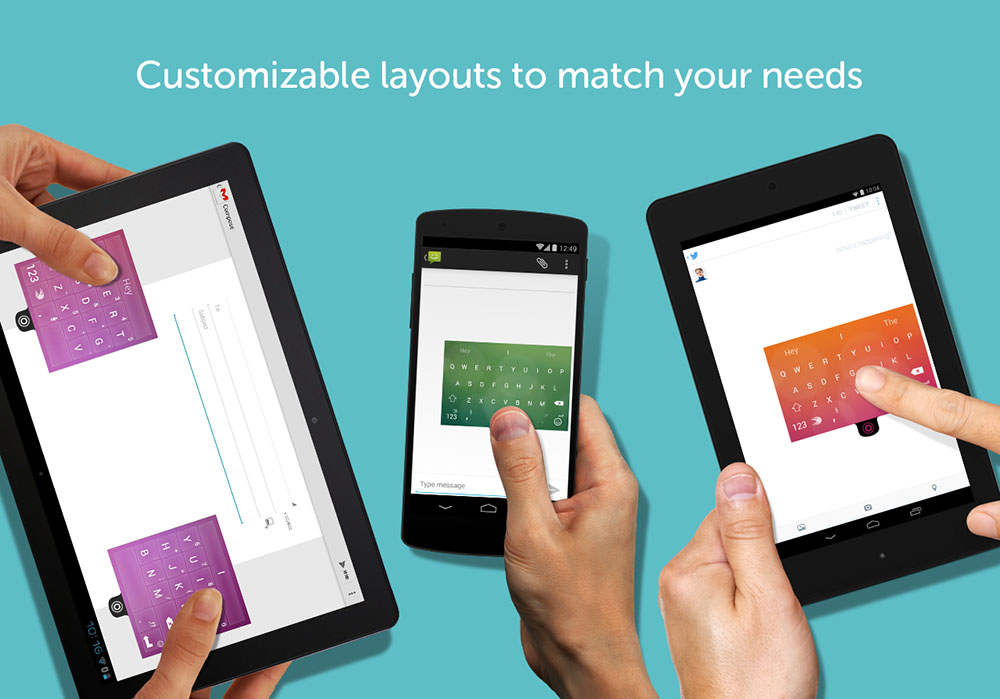
Swiftkey was recently updated with a Theme store and a FREE price tag. While Swiftkey offers good autocorrect, emoji, and swipe input, it also lags pretty noticeably in some instances. The new update will fix that.

The keyboard has had a nasty habit as of late where it would hang for a fraction of a second when you started getting up to speed, which can really throw you off. There was also an unnecessarily long delay in opening the keyboard too. The update should be live in the Play Store. Here's the full change-log for v5.0.2.4:
- Improved typing performance
- Improved translations
- Improved keyboard loading time
- Improved Flow performance
- Fix for the bottom row being hidden in some devices
- Fixed Yahoo! personalization
- Fixed background disappearing issue in some themes
- Fixed various other force closes and crashes
Swiftkey Keyboard 5.0.2.4 [Free]
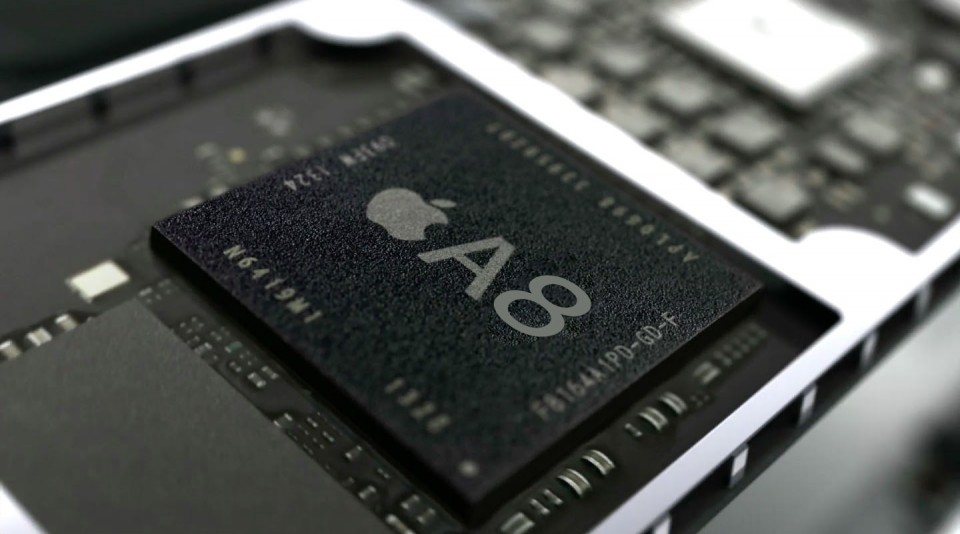
Samsung is planning to start producing chips using its 14nm manufacturing process at the end of the year. It seems the company has managed to secure a deal with Apple and it anticipates a notable sales boost once it begins to deliver on it. Samsung also made the A8 chips apple used on the iPhone 6.
Kim Ki-nam, President of Samsung's semiconductor business told reporters at the company's HQ in Seoul that profits "will improve positively" once the deal goes through. Apple isn't the only Samsung 14nm chip client, however, with Qualcomm and AMD also signing to use the company's 14nm manufacturing process around the end of the year.
Mr. Kim didn't specify when Samsung will start mass production of the chips for Apple and the rest of its clients. Currently, Samsung is responsible for around 30% of the Apple A8 chips, while TSMC is making 70%, according to sources familiar with the matter.

For a long time, sales teams did things the old fashioned way - cold calling potential customers, sending emails, and meeting in person. But now, new technologies are quickly changing the sales game. In this article, we'll look at some of the latest tech tools sales teams are using to boost results. We'll also chat about key technologies shaping modern sales workflows.
Moving to Tech-Powered Sales Tactics
Old school sales focused a ton on outbound prospecting, phone conversations, and in-person meetings. While these approaches still matter, new technologies have created fresh ways for sales reps to connect with potential buyers in a more personal, targeted manner.
According to LinkedIn’s 2022 State of Sales report, over 90% of sales teams now use tech tools like CRMs, sales engagement platforms, and marketing automation software. Companies are investing heavily in cloud computing and new programs to upgrade their sales and marketing operations.
Tech-powered sales strategies offer many upsides, including:
- Automating manual tasks to improve efficiency
- Accessing more sales data and analytics to refine strategies
- Reaching buyers on their preferred digital platforms
- Personalizing messaging to make it more relevant
- Speeding up sales cycles and accelerating deals
With buyers over halfway through their decision making before ever talking to a sales rep, technology is critical for connecting with prospects earlier in their journey. Tech-driven tactics ensure sales teams can actively nurture leads, show ROI quickly, and ultimately drive higher conversion rates.
Simulive Events - A Next Gen Approach
One exciting new tech innovation changing modern sales tactics is simulive. Simulive webinars blend the flexibility of pre-recorded video with the authenticity of live events for a more engaging prospect experience.
With simulive events, sales and marketing teams can easily produce on-demand product demos, trainings, and virtual events with interactive elements like polls, Q&As, and live chats. These hybrid digital experiences boost engagement by allowing audiences to take in info on their own time while still connecting in real-time.
For example, a SaaS startup could use simulive webinars to host a demo day highlighting their platform’s capabilities. Prospects could view sections when convenient and get their specific questions answered live by product experts.
Compared to just pre-recorded content, simulive events drive 43% higher viewer attention, 32% greater recall, and 23% increased purchase intent. As today’s buyers want more dynamic content, simulive webinars are becoming a go-to medium for sales teams aiming to deliver next-level digital experiences.
Capitalizing on Real-Time Interaction
On top of video-based approaches like simulive production, sales teams are also tapping technology to facilitate real-time engagement across channels.
Real-time engagement platforms are gaining steam in commercial real estate, allowing brokers to instantly interact with prospective tenants visiting listings online. By kicking off live chats, brokers can right away field questions, schedule tours, and accelerate deal velocity.
According to real estate developer Granite Properties, leveraging real-time engagement led to 50% more leads and a 36% faster time-to-market for available spaces.
As buyer expectations shift, sales teams are using tech to recreate face-to-face conversation online. Real-time engagement powered by chatbots, live chats, and messaging helps teams nurture prospects proactively and shrink the time between initial interest and closed deals.
Social Media Emerging as a Sales Channel
Once seen solely as a brand awareness tool, social media has morphed into a vital sales channel for engaging buyers directly. Platforms like Facebook, Instagram, and LinkedIn all enable social selling, allowing brands to interact with prospects and generate leads straight from social content.
However, no platform has disrupted sales strategies quite like TikTok. With over 1 billion monthly active users, TikTok has become a key channel for driving conversions. Brands leverage short-form video content to teach audiences, run lead gen campaigns, and drive traffic to sales funnels.
Vendors like Swvl used TikTok to score 1200% more website clicks during their IPO campaign. Others tap into TikTok’s native commerce tools like shoppable videos to enable in-app purchases.
As younger audiences flock to emerging platforms like TikTok, forward-thinking sales teams are expanding social strategies to engage prospects where they’re already hanging out online. Integrating social selling into existing workflows is crucial for maximizing reach.
AI and Automation Reshaping Operations
According to a G2 survey, nearly 75% of SMBs are hesitant to adopt AI and automation in sales and marketing. Concerns around costs, data privacy, and less human interaction contribute to this reluctance.
However, when applied effectively, AI and automation provide major advantages:
- Machine learning algorithms can comb through customer data to identify ideal buyer profiles and refine targeting.
- Chatbots and virtual assistants can qualify leads and book demos 24/7.
- Automated workflows nurture prospects with hyper-personalized messaging at scale.
Leading sales teams combine AI with human oversight and interaction. People.ai blends automation with human nuance around tone and messaging for more impactful outreach. This hybrid model maximizes technology while retaining the human touch.
Though adoption is gradual, AI and automation are streamlining sales workflows. As tasks like lead scoring and data entry become automated, reps can focus on value-driven activities like relationship-building and closing complex deals.
Overcoming Tech Marketing Challenges
Despite the rise of tech, the 2023 Informa Tech Trust in Marketing Index revealed trust remains a major hurdle. Over half of consumers feel overwhelmed by irrelevant promotions and believe brands don’t have their best interests in mind.
To maximize results, tech-driven marketing strategies must prioritize transparency, relevance, and consent:
- Transparency - Clearly communicate how data is collected and used. Assure customers they are in control.
- Relevance - Use data to segment audiences and deliver timely, personalized messaging that provides real value.
- Consent - Allow consumers to opt-in and out of communications. Never spam buyers or use overly pushy outreach.
When leveraged strategically, technology builds trust by demonstrating an understanding of each person's needs. With consumer confidence as the base, tech-driven strategies perform much better across metrics like brand awareness, consideration rate, and lifetime value.
What's Next for Sales Technologies
While old school sales tactics still have merit, blending in new technologies is now essential for success. As buyers expect personalized, on-demand engagement, tech-driven strategies will only get more crucial.
In the near future, expect advanced technologies like AI, VR, and predictive analytics to transform sales workflows. VR could allow prospects to experience products virtually during consideration. Predictive analytics may uncover buyer objections before reps even reach out.
Ultimately, embracing innovation while staying grounded in human relationships is key. With trust, relevance and transparency as guiding principles, sales teams can boost conversions through technology while maintaining authentic human connections. The future looks bright for forward-thinking sales organizations.
Technology will keep rapidly evolving, bringing new opportunities to engage buyers and drive revenue. However, by keeping focused on impact and value, modern sales teams can thrive through any amount of change. The right tools empower reps to nurture prospects in a truly customer-centric way. While the tactics may shift, putting people first will always be the foundation of sales excellence.
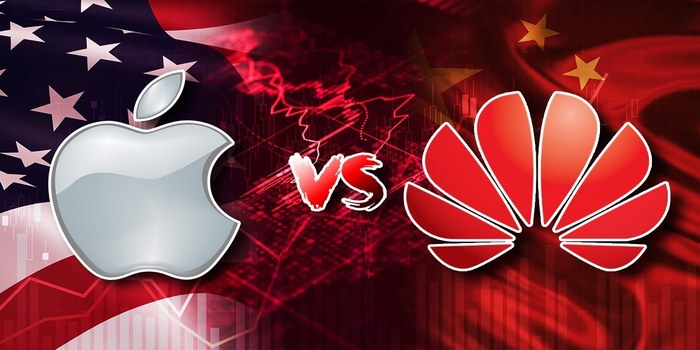
Apple's iPhone had been an unbeatable king of the smartphone industry in China till Huawei came. But after the Trump administration imposes bans on the company and the Biden administration continues the previous restriction on Huawei, its old rivals are getting the ground again.
Almost 92.40 million smartphones were shipped to China only in the first quarter of the year, with Vivo getting the first position with around 23% share and its sister company Oppo following behind with a 22% share of the market. Huawei got a really bad hit and could manage to get third place. Xiaomi took fourth place with 16% sales and Apple's share dive up to 30% more than it was last time and moved to fifth spot.
All major smartphone manufacturers experience a good rise in sales figures in China. Apple's net sales in China almost doubled year after year to $17.70 billion in three months alone. Apple's CEO Tim Cook seems to be quite happy with the sales results and issued a statement "We've been especially pleased by the customer response in China to the iPhone 12 family.". Huawei's share shrank unlike other companies and went from 41% to 16% in a year alone. "Leading vendors are racing to the top of the market, and there was an unusually high number of smartphone launches this quarter compared with Q1 2020 or even Q4 2020," said Canalys analyst Amber Liu.
Huawei has already sold its sister company Honor to a consortium of companies, to save it from US sanctions. Huawei has already lost the major chip and software suppliers and is now struggling to sustain itself. The company has recently launched its own version of the operating system to compensate for the ban but it still has a long way to go to deliver a royal comeback. And we have to wait and see where the events leading to the industry.
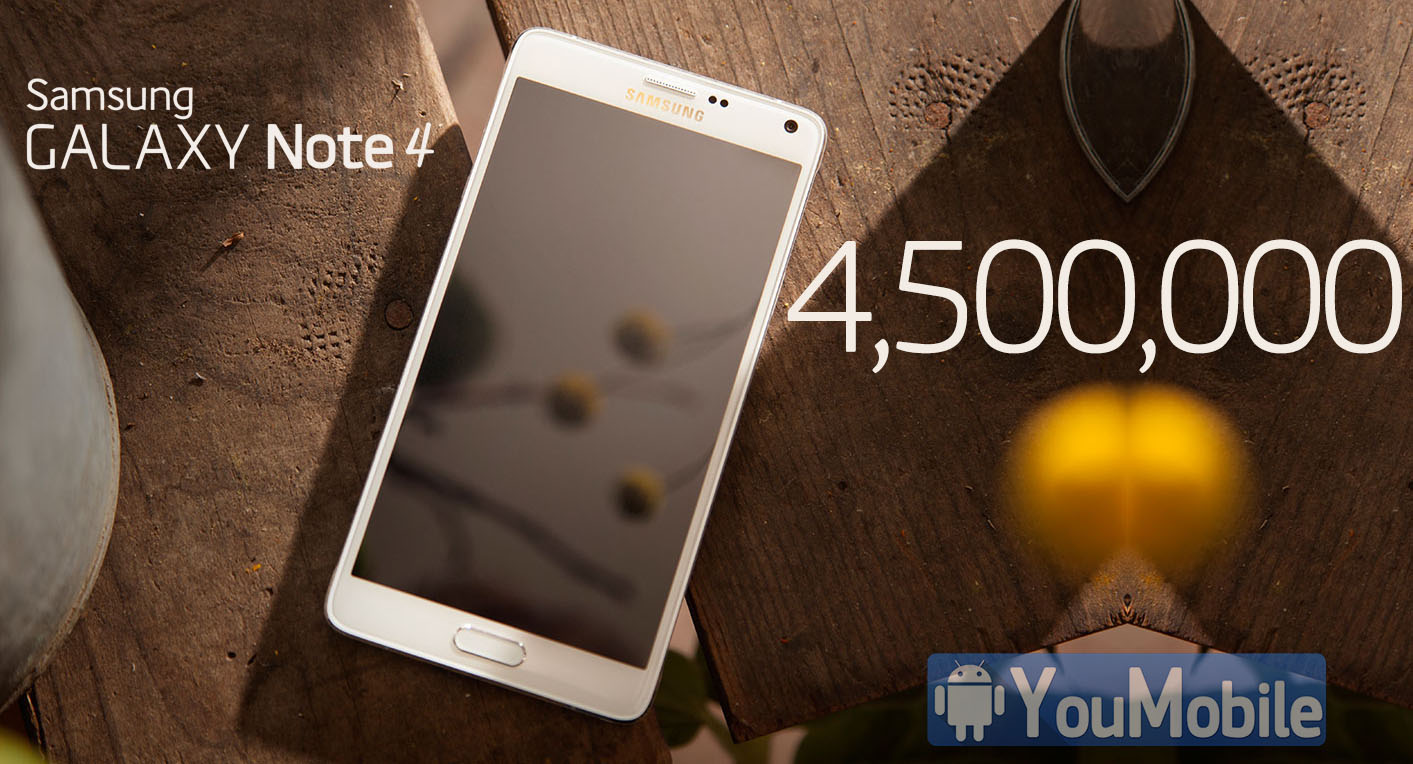
According to South Korean outlet News1 the Samsung Galaxy Note 4 has hit 4.5 million sales globally about a month after its launch (September,26th). That's a little lower than the 5 million units its predecessor sold in its first month, but the Galaxy Note 3 got a wider release initially. These numbers doesn't include the Galaxy Note Edge sales.
The Galaxy Note 4 started off in South Korea and China and has been expanding its availability ever since. It started selling in the US only recently.
The flagship phablet also experienced some delays in markets like the UK and India where sales started a week ago. As for China, Samsung rolled out the dual-SIM versions only a couple of days ago.
© 2023 YouMobile Inc. All rights reserved






